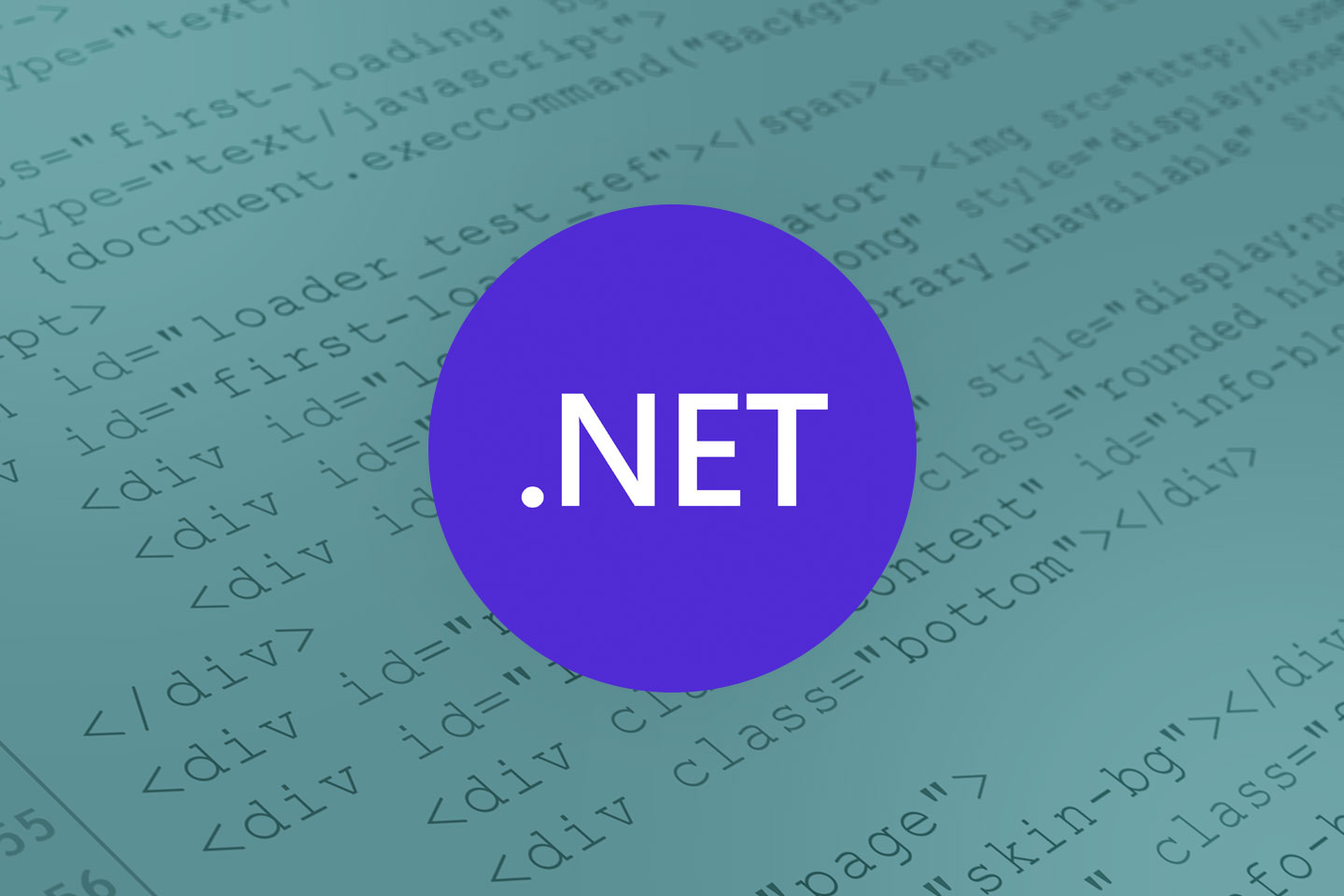Nothing but .NET Core: Going the Distance for Developers

Microsoft’s .NET isn’t new to the game. For the last 20 years, this software framework has been used by developers to create Windows-based applications and services. But increasing rates of open-source, multi-platform adoption across enterprise IT environments prompted a pivot away from proprietary properties to .NET Core. It’s an open-source platform that supports Cloud and on-premise deployments and hosting support for everything from Kestrel to IIS to Apache and Docker.
.NET Core isn’t a complete slam-dunk for Microsoft; the solution lacks cross-platform audio support and native GUI building. It now ranks fourth among developers as their framework of choice, just behind React. So let’s hit the ground running. What’s so great about .NET Core, how does it benefit developers, and what’s next for .NET?
Making This Shot Count
With most companies of any size choosing a mix of build vs. buy, cross platform, cloud-enabled apps are critical to making the most of development budgets and avoiding time and effort spent reinventing the digital wheel for new desktop and OS markets.
.NET Core offers key features to reduce the need for redundant development, including:
1) Cross Platform
Linux reduces deployment costs, allows easy use of great CI/CD tools such as kubernetes, docker, and other open source DevOps tools. Windows allows companies to maintain their existing infrastructure of Windows machines to use as development machines. Docker on Linux gives developers the ability to build microservices architectures which have been shown to be lower cost to develop and maintain.
2) Performance for Web
New technologies in .NET Core were built for web performance. .NET Core is targeted at web developers, so they built it with a speed that competes with Node.js. It can run on Apache, Nginx, or Kestrel instead of requiring IIS which can slow things down.
3) Great Languages
Many companies have built competencies around C#, but now they can migrate from .NET to .NET Core, gaining the other benefits without having to significantly retrain their workforce. This makes the migration much easier for existing .NET shops vs. choosing Python or Node.js, while gaining many of the same benefits of the other platforms.
4) Great Tools
Visual Studio is arguably the best integrated development environment (IDE) available. Visual Studio Code is also now available on Linux, and you can be sure that Microsoft will have powerful integrations for use with .NET Core. These tools drastically improve a developer’s productivity, which is why Facebook adopted VS Code as its development platform. Combining these tools with the open source DevOps tools gives developers the best resources across the board.
On the Ball
What does this core conversion mean for developers in practice? Microsoft has made a commitment to .NET Core. Essentially, it’s the new .NET. So any developers that want to keep their applications current should know…. this new release isn’t going anywhere, unlike Silverlight.
Accusoft is always striving to create the most innovative solutions for the market. In light of Microsoft’s latest announcement, our engineering teams are working to develop .NET Core offerings for several of our SDKs. Barcode Xpress was first on the list, and is currently available for purchase. Many others will follow suit in the coming months.
The .NET ecosystem is still evolving. As noted by the SD Times, the most recent .NET Core version — 3.0 — will be the last standalone iteration. In 2020, Microsoft will merge all .NET solutions under a single banner that includes support for all basic .NET structures and Core advantages such as client-side support, built-in dependency injection, and Blazor integration. .NET Core is going the distance, and it’s here to stay.